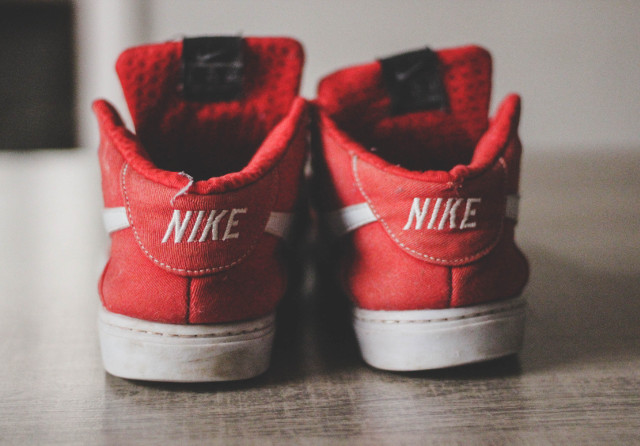
- Workplace tracking is growing fast. Most workers don’t seem very concerned
The single area that worries watchdogs the most is, perhaps, wellness. A majority of large companies and a significant percentage of smaller ones have programs today that, in the name of encouraging their workers to be in good physical and mental shape, seek out personal health information. This can include questions about whether workers are anxious or depressed, drink alcohol or use drugs, or take medication.
The Americans with Disabilities Act and the Genetic Information Nondiscrimination Act are supposed to ensure that an employee’s sensitive details are held close. Yet there are gaps in these laws, experts say, and companies may not always adhere strictly to the regulations that are on the books.
- Amazon is aggressively blocking ads for unprofitable products as part of a plan to bolster its bottom line
In recent months, Amazon has been telling more vendors, or brand owners who sell their goods wholesale, that if Amazon can’t sell those products to consumers at a profit, it won’t let them pay to promote the items. For example, if a $5 water bottle costs Amazon that amount to store, pack and ship, the maker of the water bottle won’t be allowed to advertise it.
The added stringency, which CNBC learned of from conversations with vendors and emails they received from Amazon as well as from outside experts, reflects a broader push to squeeze earnings out of a historically low-margin business. In its most recent quarter, Amazon posted $3 billion in net income, the highest in company history, while profit for the full year more than more than tripled to $10 billion.
- The colossal problem with universal basic income
- No sleep, no sex, no life: tech workers in China’s Silicon Valley face burnout before they reach 30
“One thing Chinese founders or unicorns haven’t figured out is how to become a sustainable business. If you continue those [long hours] for 10 years, people will have no personal life any more, they will have no kids, they will go crazy,” Wingender said.
Yang is pondering what comes next. With more than 10 years of experience, he now holds a mid-level position at a top-tier internet company but has reached a career ceiling. He compares himself to a construction worker, who can earn good money due to high work intensity but can easily be replaced by younger, cheaper labour.
- The New Social Network That Isn’t New at All
Newsletters could be a more reliable means of increasing readership for major publishers whose relationships with social networks have soured. Remember when Facebook moved away from promoting videos on the platform? Or when it decided to show more posts from friends and family, and de-emphasize content from publishers and brands? With every shift, big media companies had to adjust.
Also
“You don’t have to fight an algorithm to reach your audience,” Casey Newton, a journalist who writes The Interface, a daily newsletter for the technology news site The Verge, told me. “With newsletters, we can rebuild all of the direct connections to people we lost when the social web came along.”
It can be more than just a creative endeavor: Newsletters can make a fine one-person business. Writers can charge readers to a monthly fee for their newsletters. Substack takes a cut of that fee; Revue charges writers using a tiered-pricing system based on the size of newsletter’s subscriber base.
https://www.nytimes.com/2019/03/19/technology/new-social-network-email-newsletter.html
Photo by Zdeněk Macháček on Unsplash






